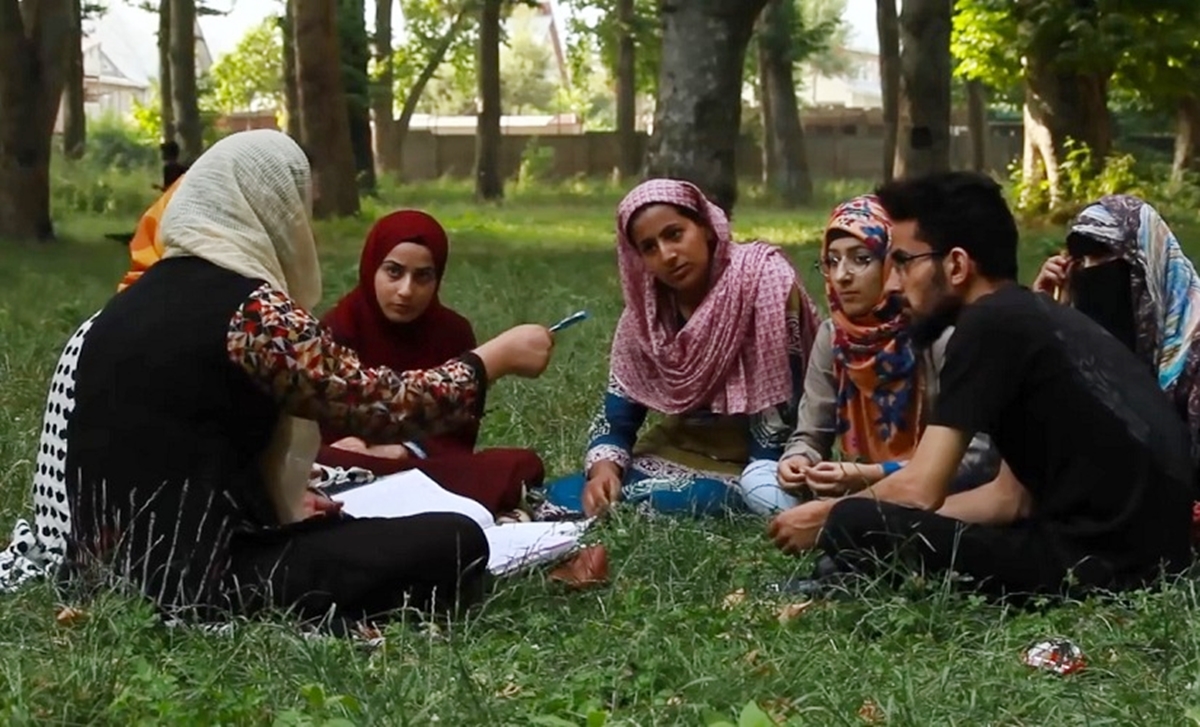Posted by Dipika Jain Abortion in India is regulated by the Medical Termination of Pregnancy Act, 1971 (MTP Act), permitting…
Login to Read!
This content is restricted to site members. If you are an existing user, please log in below. Or you can can create an account here.


